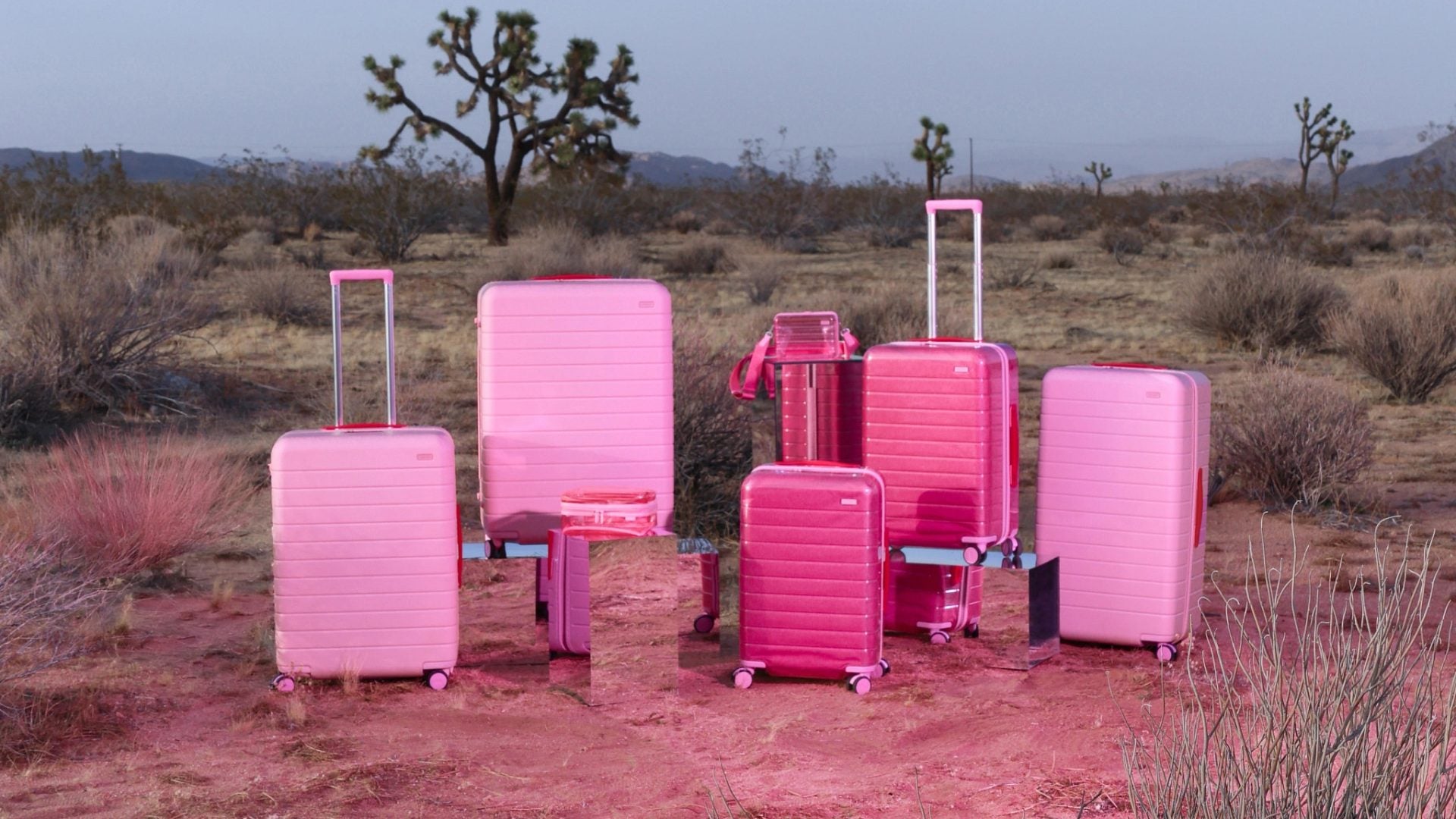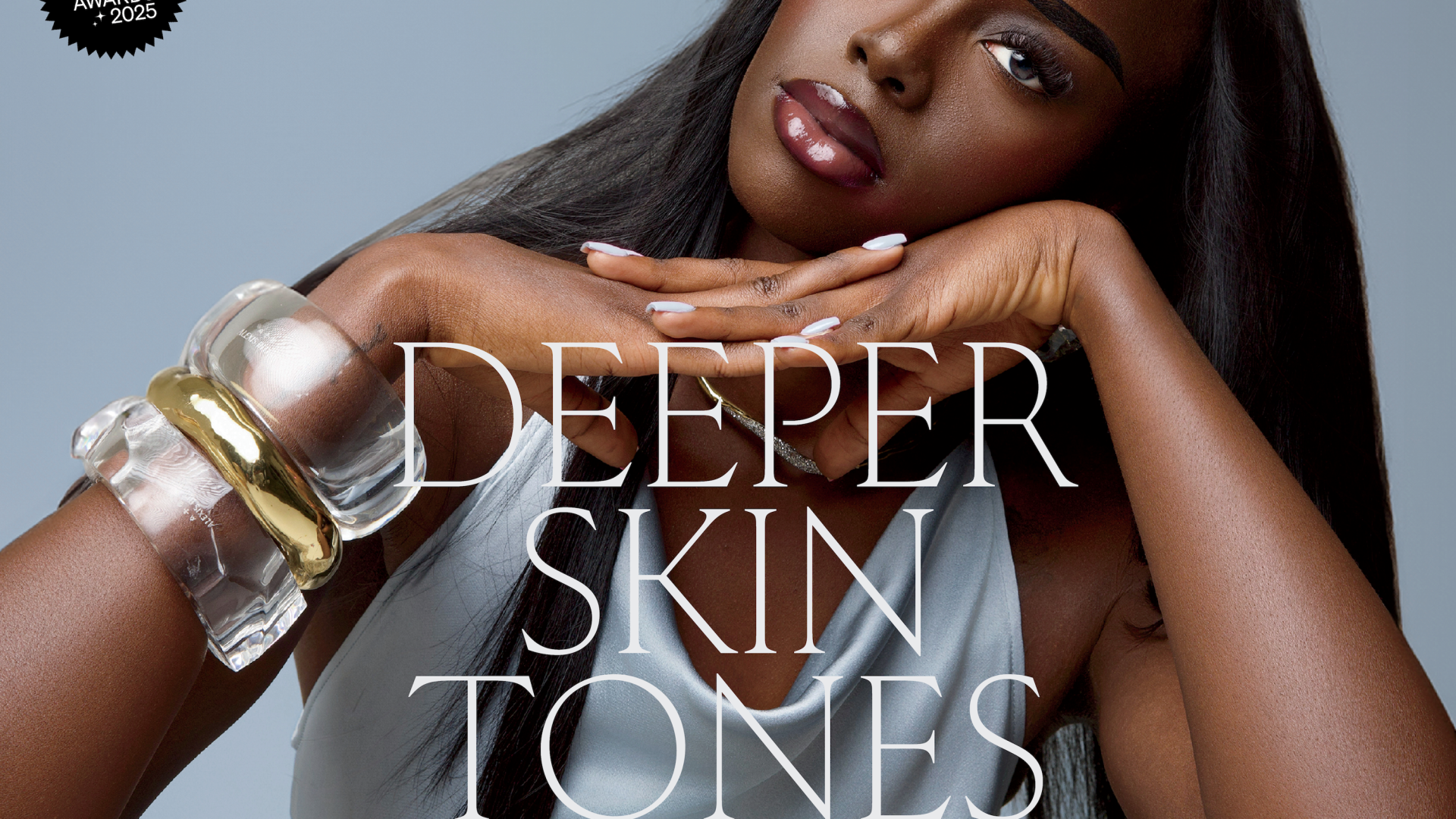
By now, most of us are aware that wearing a daily SPF is essential for maintaining healthy skin. Even as Black women, the sun’s harmful rays can still do immense damage to our skin. UVB rays can lead to certain forms of skin cancer and other unwanted skin conditions.
And while the anti-sunscreen argument that, “sunscreen makes me look ashy” has been a legitimate excuse in the past, there are now a number of sunscreens and everyday moisturizers that seamlessly blend into deeper complexions. But now that we have options, how do we choose? What’s important when selecting an SFF that’s right for your skin?
To help us understand, once and for all, why everyone needs to slather on a daily SPF we spoke with dermatologist Dr. Carlos Charles of Derma di Colore. Keep scrolling for his very practical and useful tips on wearing sunscreen for women of color.
ESSENCE: Let’s answer this once and for all, do individuals with deeper skin tones need to wear an SPF?
Dr. Carlos Charles: Yes, while melanin provides some protection from ultraviolet light, the sun still has damaging effects to the skin of individuals with deeper skin tones. Sun-related skin cancers can occur in all skin, including the darkest skin tones. I recommend that all women use a daily moisturizer containing broad-spectrum SPF 30 or higher.
ESSENCE: What are the three important reasons Black women should wear an SPF?
Dr. Carlos Charles: First, prevention of sun-related skin cancers. Secondly, prevention of fine lines and wrinkles from chronic sun exposure. Lastly, to minimize and prevent sun-related blemishes and hyperpigmentation and to prevent worsening of existing hyperpigmentation.
ESSENCE: What exactly does SPF stand for?
Dr. Carlos Charles: SPF stands Sun Protection Factor and is a measure of how well a sunscreen will protect against ultraviolet B rays. This form of radiation can cause sunburn, damage the skin and even lead to skin cancer.
ESSENCE: What exactly does the number on sunscreen mean?
Dr. Carlos Charles: If an individual is wearing a sunscreen that is SPF 30, they should be protected from a sunburn 30 times longer than without wearing the sunscreen. Keep in mind that these numbers are developed in a very controlled lab setting and they are assuming that the sunscreen is applied correctly. Also remember that in reality, UVB rays vary in intensity at different times of day which can affect the sunscreen’s ability to protect.
ESSENCE: When a sunscreen says it’s broad spectrum, what does that mean?
Dr. Carlos Charles: Lastly, this number does not take into account ultraviolet A, or UVA rays, that penetrate deeper into the skin and also contribute to skin cancer development as well as skin aging. It’s important to find a sunscreen that is broad spectrum, thereby protecting you from both UVB and UVA rays.
ESSENCE: What product in your beauty routine should have the SPF? For example, many foundations and concealers have an SPF in them, is that good enough or do you still need to use a regular sunscreen as well?
Dr. Carlos Charles: I prefer a base layer moisturizer that contains the SPF of at least 30. And you should put on your sunscreen-containing moisturizer first. I recommend applying the SPF directly to the skin on its own so as to not potentially interfere with any of the SPF qualities of the sunscreen.
ESSENCE: Is there a correct way to apply, and even reapply, sunscreen?
Dr. Carlos Charles: Daily sunscreen use should be incorporated as part of the morning routine. I recommend using a lightweight moisturizer that contains an SPF of at least 30 that can be applied each day. Unless you are performing intense physical activity and sweating away the sunscreen, once daily application should suffice.
For more intense sun exposure such as trips to the beach or prolonged outdoor activities, sunscreen should be reapplied after getting wet and heavy sweating. Also, if you are spending several hours outdoors it should be reapplied every two hours. When applying sunscreen to the all of the exposed surfaces of the body the rule of thumb is that one ounce should suffice, which is roughly enough to fill a shot glass. With sunscreen application as opposed to most other products for the skin, using more than necessary is typically just fine.





